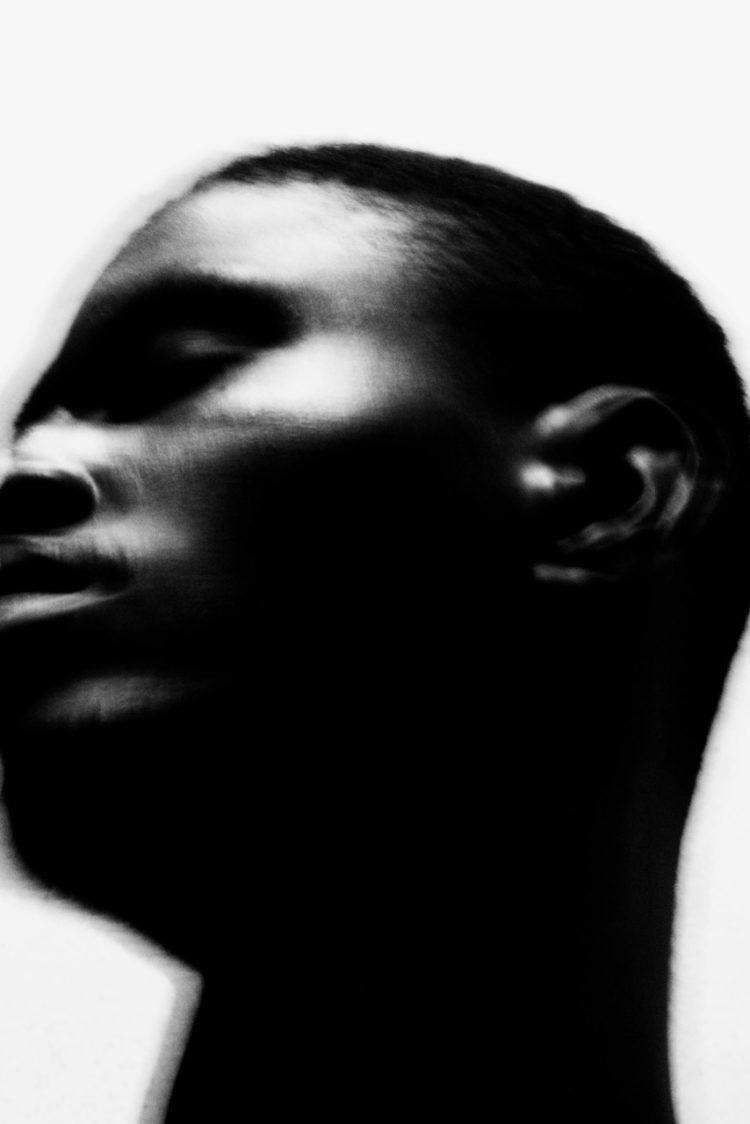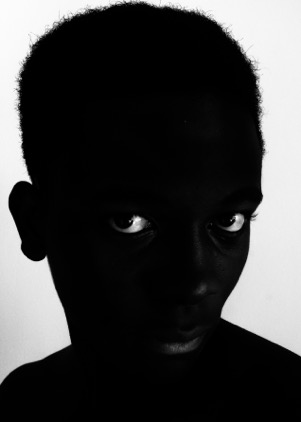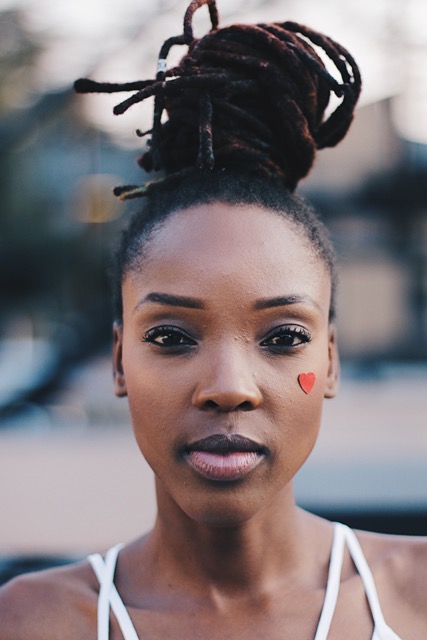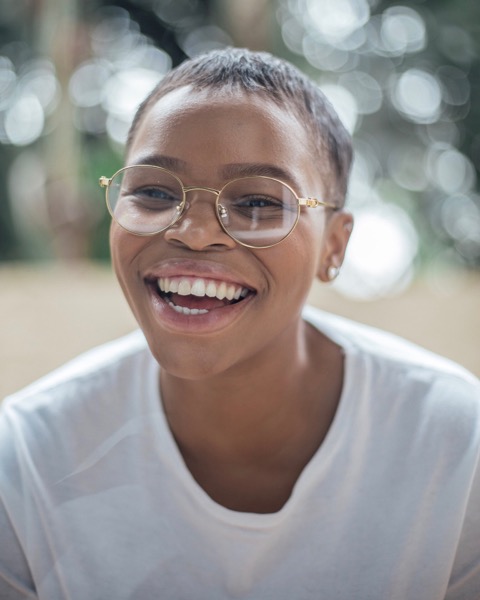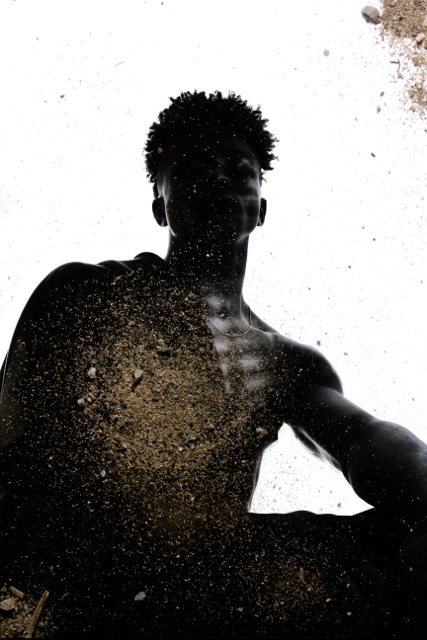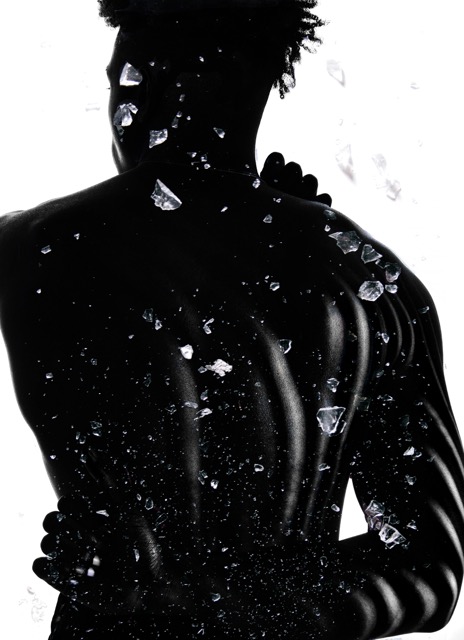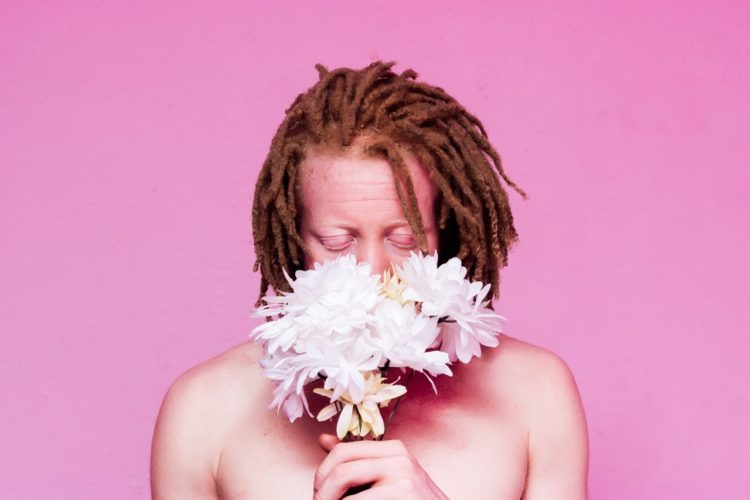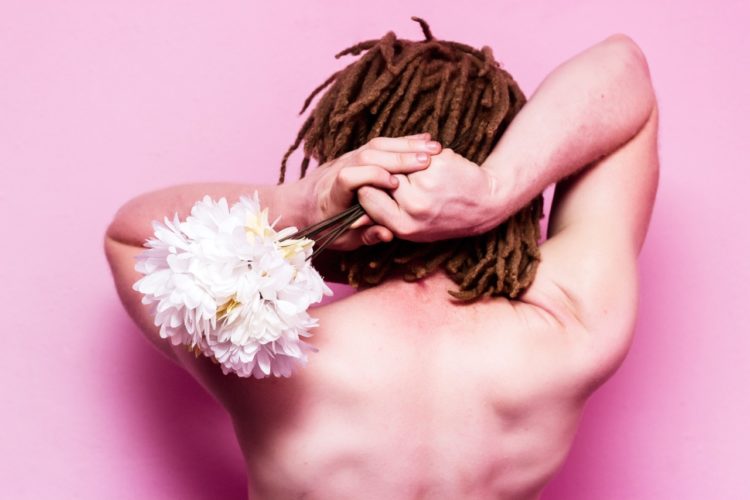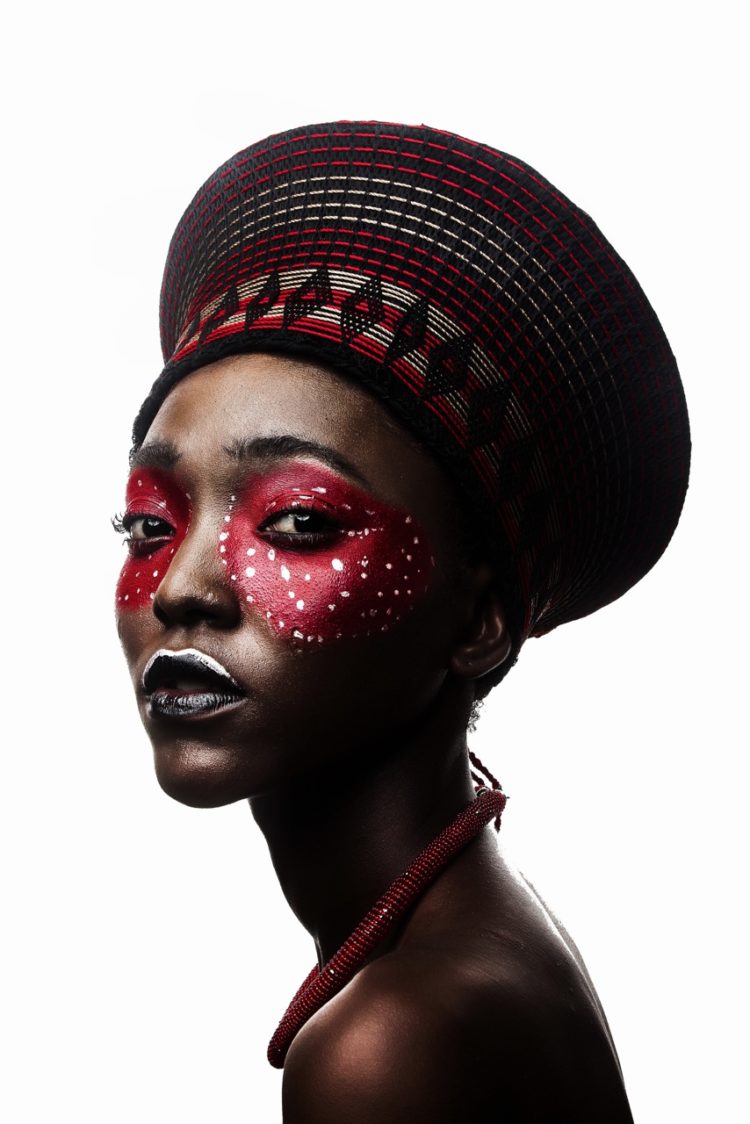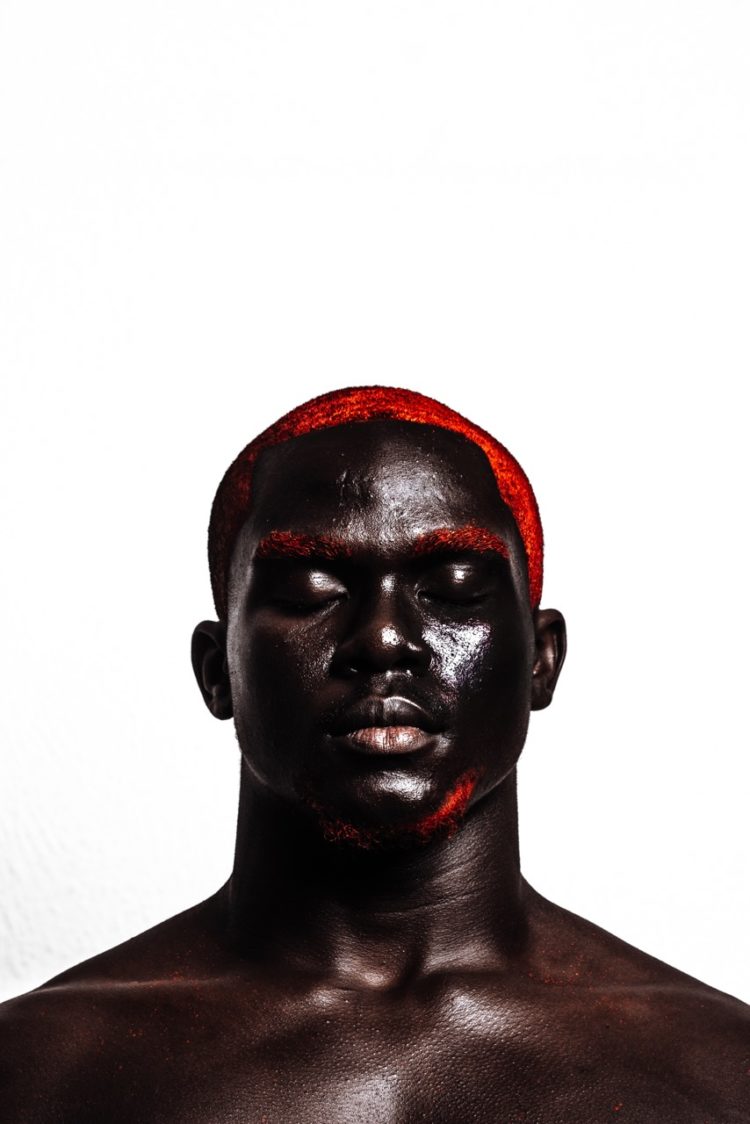Stories about African identities and cultures have often been told from the perspective of those coming from Europe.
Despite providing important visual documentation – a way for the rest of the world to visualise a place they did not have the possibility to see otherwise – photographs of the African continent and its people still served a very specific imperialist and colonialist agenda.
By controlling stories about the continent, European colonialists were able to depict a very particular image of Africa to the rest of the world.
By controlling stories about the continent, European colonialists were able to depict a very particular image of Africa to the rest of the world: underdeveloped, primitive and in need of guidance and development. It has influenced the way people have thought about the continent ever since.
The internet, among other technological advancements, has allowed African photographers to offer an alternative to this narrative. They depict an Africa that is both culturally diverse and complex. Because photography influences the way people think about others, we can believe that capturing and highlighting these different stories will not only result in a shift in the way people think about Africans globally but most importantly a shift in the way Africans think about themselves.
https://www.instagram.com/p/BVHx47ajrVS
Portraiture, has been used by many African photographers, to highlight the diversity of these African identities. They are able to document people’s life experiences and emotions in a way that allows the viewer room for interpretation while still remaining authentic and accurate. Portraiture allows to bring the differences and similarities between Africans to the forefront, in order to depict a more complex, diverse and accurate continent.
https://www.instagram.com/p/BTRyBNhAjTk
https://www.instagram.com/p/BTdgK_Mjvoi
It is a way to tell new stories about the continent. Much like the pioneers of postcolonial photography Malick Sidibé and Seydou Keita, many of this generation of contemporary photographers make a conscious effort to document Africans in a way that goes against the biases and inaccurate representation of the continent and celebrates its diverse cultures and people.
‘Portraits are really important in my body of work. They serve as portals to the individual. I find myself shooting humans more often because I am very much interested in the human condition: emotions we feel, those we repress.
‘Portraits for me is a tool for examining one’s self through the subject. There is a larger narrative attached to the portraits I take because stories no matter how disparate they may appear, through one photographer’s eye, are interconnected. And for me, even if the narrative might be changed as the original idea is refined continuously, a clear line of thought passes through each series to string together a body of work.’
Find him @enyeasi.k
‘Portraits are an important part of my body of work. I set out with each portrait to always reveal something about my subjects they wouldn’t ordinarily notice.
‘I’m fueled by this desire to truthfully portray an individual’s own standard of beauty. The internet plays such a great part in our lives yet as people of colour or as young black people there is this misrepresentation of who we are, not only that the world has subjected us to this ridged idea of beauty and a lot of the time it leaves out a number of undocumented faces.
‘To try close this gap I make a point to shine a light on everyday people of colour. My work in turn intendeds to document new faces and heighten their beautiful complexities.’
Find him @everydaypeoplestories
‘I find it easier to convey messages using portraits because people are relatable and beauty catches the eye. Also, it’s more flexible to express different types of emotions, and actually create sceneries (social/political etc…) versus landscape for instance.
‘Not only can you tell stories of the past, promote/question or criticize what is going on in the world, you can also give a glimpse of what could be. Art extracts from our humanity to make us open our arms to it; it’s the essence and the remedy.’
Find her @infi_nerdy_
‘Portraits are important in my work because they allow me to explore issues that are important in current society, such as racial injustice for instance.
‘I think, though I might be wrong, that people are more receptive to images than words. I believe that a very strong image is able to carry a very strong message, which people will be more receptive to. There is a larger narrative attached to the portraits I take because of I think of a particular theme or story to explore whenever I want to create a new project.
‘Whether it is personal or not, portraits are able to tell stories that might not necessarily have been told before.’
Find him @ussinyala
‘Portraits are very important to every photographer’s work, it’s similar to the importance of close-up shots in a movie. They bring you close to the subject, they show you what’s going on in the subject’s mind through his emotions and reaction to the form and concept of the series.
‘I can be working on a series which talks about life in Africa, or the new age of minds changing the system or something as simple as reflection. Each of these topics needs the subject to react, to feel what’s going on and by capturing that as well as the general form of her body movement and her eyes I can bring you into the world I’m trying to create. My work is about telling stories visually, portraits tell the stories up close and personal they add an innate element that can’t be told without the expression or mood of my subject.
‘The larger narrative embedded in the portraits shots I take are the layers and elements of my series I put within the face of the subject, you need to look closely, look within them to find the story.
Find him at @__tse
Truly moving towards decolonisation involves having a clear understanding of who we are as Africans in relation to the rest of the world.
It means knowing and celebrating the strength, resilience and diversity of African people while being aware of the continent’s flaws and working towards fixing them. Corruption, war and systemic violence against marginalised communities are some of the things that sets many African communities back and prevents them from being the best communities they can be.
It would be hard to believe that photography alone can fix decades of stigma, oppression and violence. What it can do, however, is tell the stories of those who have been forgotten and oppressed for so long.

